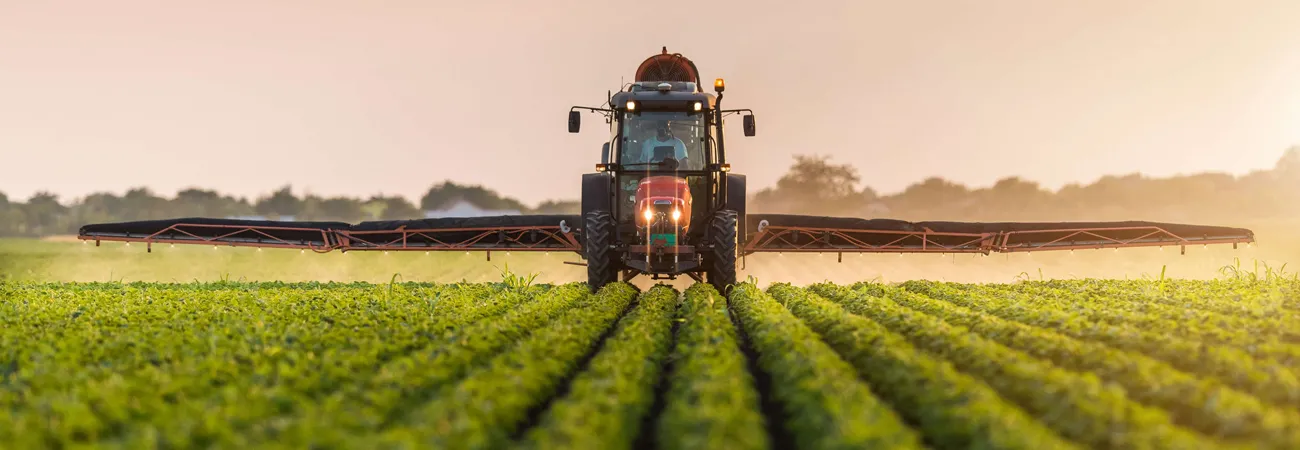i ECONOMY
Implementing a green growth strategy is imperative to safeguard the environment, preserve biodiversity, and protect natural resources from the adverse impacts of unsustainable practices. Talking to WealthPK, Muhammad Azeem Tariq, Senior Scientific Officer at the National Agricultural Research Centre (NARC), said, "Nature-positive agriculture embodies a comprehensive farming approach that underscores the intricate relationships within the farming systems and broader ecological framework. In the realm of nature-positive food production, the focus is on fostering robust soil health, sustaining water flow, actively participating in carbon storage, and creating habitats for diverse biodiversity, both above and below the surface," he said. "In contrast to other sectors, agriculture produces both adverse and beneficial environmental effects, and plays a role in providing public goods.
The anticipated large expansion in the demand for its products could increase the negative contribution of agriculture to the global environmental quality, such as loss of biodiversity through the clearing of grassland and forests, unsustainable pressure on increasingly scarce water supplies, or worsened water pollution by agro-chemicals and animal waste,” he added. “About 50% of the earth's habitable land is utilized for agriculture, leading to the primary source of greenhouse gases and ecosystem destruction.” He further said, "Food systems rely on nature while simultaneously imposing substantial stress on it. It is undeniable that food systems, encompassing all stages from cultivation to consumption, contribute to 21-37% of global greenhouse gas emissions.
Additionally, various environmental issues are linked to food systems, such as deforestation, overfishing, water pollution, and a myriad of other challenges." There are three distinct sources for achieving greater food production, each with different environmental implications: increased land use, increased use of other inputs, and increased efficiency in input usage. These three ways of expanding food production have very different effects on the environment. The expansion of agricultural land is associated with important greenhouse gas emissions, threats to biodiversity, and loss of soil carbon. “Increased input use, like synthetic nitrogen fertilizer, contributes to emissions and harms the aquatic ecosystems. However, the environmental impact varies by region. Efficiency gains offer a way to boost food production without worsening the environmental footprint,” he said.
“In the absence of significant soil conservation measures (such as decarbonization, erosion, and chemical pollution), we will not only suffer nutritional deterioration and loss of vital trace minerals, but may also run out of arable land. Concluding, he said, “For agriculture to be truly sustainable, economic, social, and environmental factors must be considered. Unfortunately, poor farmers are often compelled to exploit natural resources like soil fertility, despite the potential long-term harm to their livelihoods caused by environmental degradation. Only by creating policies that integrate social, environmental, and economic interests can societies promote more sustainable agricultural systems”.
Credit: Independent News Pakistan (INP)









